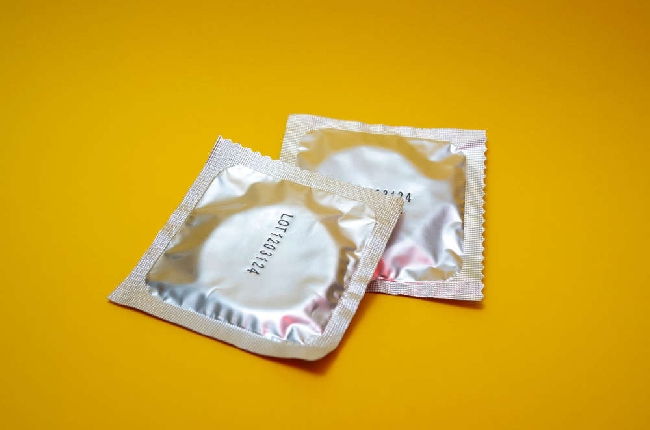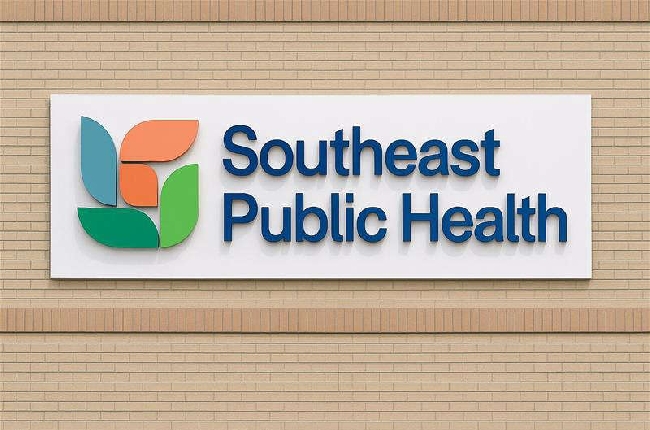
SEHU says they are seeing a rise in misinformation online about birth control and sexually transmitted infections (STIs).
Public health officials are urging residents to get their sexual health facts from trusted sources, not social media influencers.
Dr. Linna Li, Deputy Medical Officer of Health for the South East Health Unit, says her team is seeing a rise in misinformation online about birth control and sexually transmitted infections (STIs).
She warns that many influencers lack medical training and spread advice not backed by science.
Sexual health nurse Lisa Miller says “natural methods” are less effective and offer no STI protection.
Officials also stress the difference between daily birth control pills and emergency contraception, which should only be used after missed protection or other risks.
Dr Li says the Morning After Pill as it is commonly known is an option but comes at a cost.
Officials stress condoms protect against pregnancy and STIs, but Sexual health nurse Lisa Miller says data shows an issue.
For example, gonorrhea rates in the region more than doubled between 2020 and 2024.
Condoms remain one of the most effective ways to protect against both pregnancy and STIs.
The Health Unit offers free condoms, low-cost birth control, and confidential clinics.
More information is available at sexandu.ca or by contacting the Health Unit directly.
 Tourism Kingston lobbying for a high-speed rail stop in the city
Tourism Kingston lobbying for a high-speed rail stop in the city
 A decision’s been made about local Public Health satellite sites
A decision’s been made about local Public Health satellite sites
 Kingston hosts Special Olympics basketball with full day of games and prizes
Kingston hosts Special Olympics basketball with full day of games and prizes
 Winter makes an unwelcome return after brief taste of milder weather in Kingston
Winter makes an unwelcome return after brief taste of milder weather in Kingston
 It's budget time in Kingston
It's budget time in Kingston


